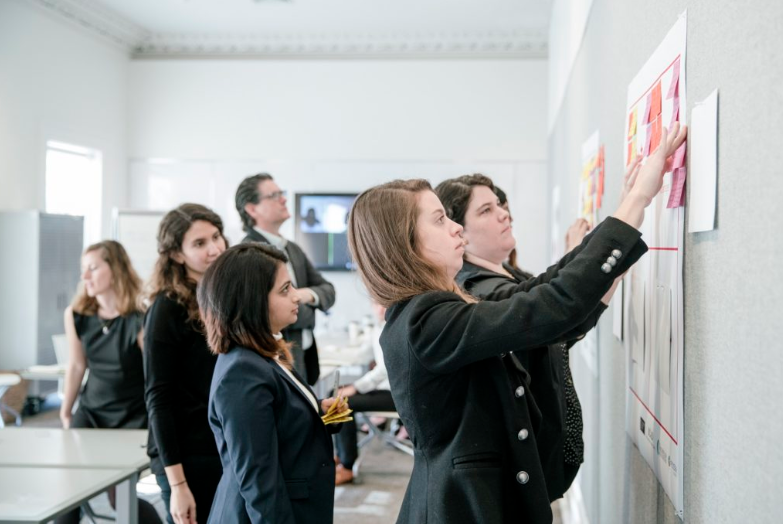Book Excerpt: Designing with Society

Book Excerpt: Designing with Society
Design is relatively a new discipline, its terminology dating back to the creation of tools and products that have influenced and shaped our world, and our humanity. Today, design is a practice that can solve some of the most complex social challenges around the world. Author Scott Boylston, graduate coordinator for the Design for Sustainability program at the Savannah College of Art and Design (SCAD), presents a compelling perspective and important considerations for designers to build a sustainable future in his new book, Designing with Society: A Capabilities Approach to Design, Systems Thinking and Social Innovation. Read an excerpt from the book’s introduction below.
In times past, design had the luxury of stimulating and feeding the desires of the world without much ethical trepidation. In relation to the expansiveness of the natural world, humankind was small, with limited means to disrupt that expansiveness. These limits to ecological harm were accompanied by our general inability to see the negative human toll of our design decisions with our own eyes. Factories could be moved far enough away to keep the worst of both impacts out of our direct sight. But the scale of human progress over the last century has made it impossible to ignore either of these negative repercussions. The scale of our technologies is now so massive we can’t dismiss the damage they inflict anymore. In fact, we can’t even keep up with them. They generate dysfunctions at a scale and rate beyond our control. For decades, we’ve been designing denial as much as anything else, and systems in distress have become systems of distress. But designers can no longer hide from our complicity. Without adding depth and breadth that can transcend the detrimental repercussions of traditional growth and stimulate long-term, sustainable vitality, the traditional suite of design offerings is no longer fit for purpose in our highly interconnected world.

